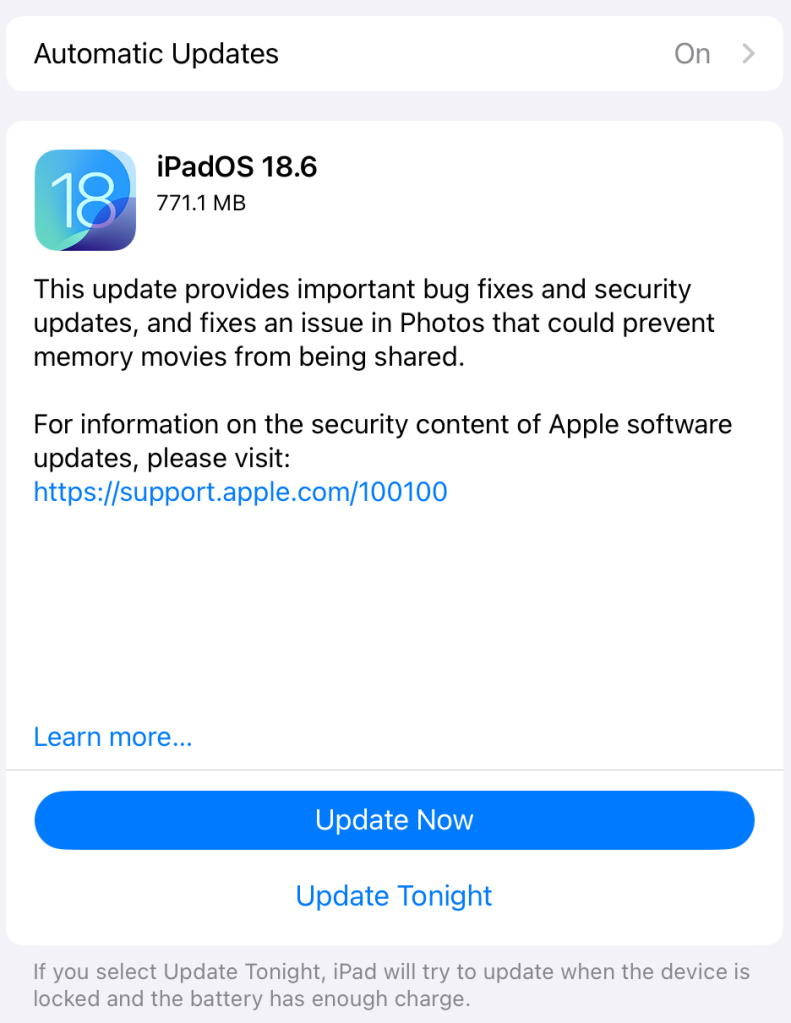Apple has urgently called on iPhone users to update to iOS 18.6, addressing a critical security vulnerability that hackers have actively exploited. This flaw, known as CVE-2025-6558, allows attackers to create malicious web pages capable of executing remote code on affected devices. Initially discovered in Google Chrome, the vulnerability quickly impacted Apple’s ecosystem, prompting an immediate response.
The iOS 18.6 update not only tackles this significant threat but also resolves 25 other vulnerabilities, affecting WebKit, Safari, and core system components. Experts highlight that while high-profile individuals are often targeted, the widespread availability of exploit kits makes all users vulnerable. Apple’s Rapid Security Response mechanism enabled a swift update rollout, reducing exposure time.
This update is part of a broader pattern of frequent security patches by Apple, reflecting the increasing sophistication of cyberattacks. The same zero-day flaw also affected macOS, leading to coordinated updates across Apple’s products. Analysts suggest that while Apple is transparent, more proactive user education on update habits is needed.
The update cycle raises questions about long-term support for older iOS versions, with discussions about security updates for previous versions like iOS 18, even as newer versions are on the horizon. Apple’s strategy includes not only patching vulnerabilities but also innovating with on-device AI for threat detection, although details remain limited.
For enterprises relying on iPhones, enforcing automatic updates and monitoring for anomalies is crucial. Cybersecurity firms warn of proof-of-concept exploits already circulating, emphasizing the need for vigilance as the cybersecurity arms race continues unabated.


